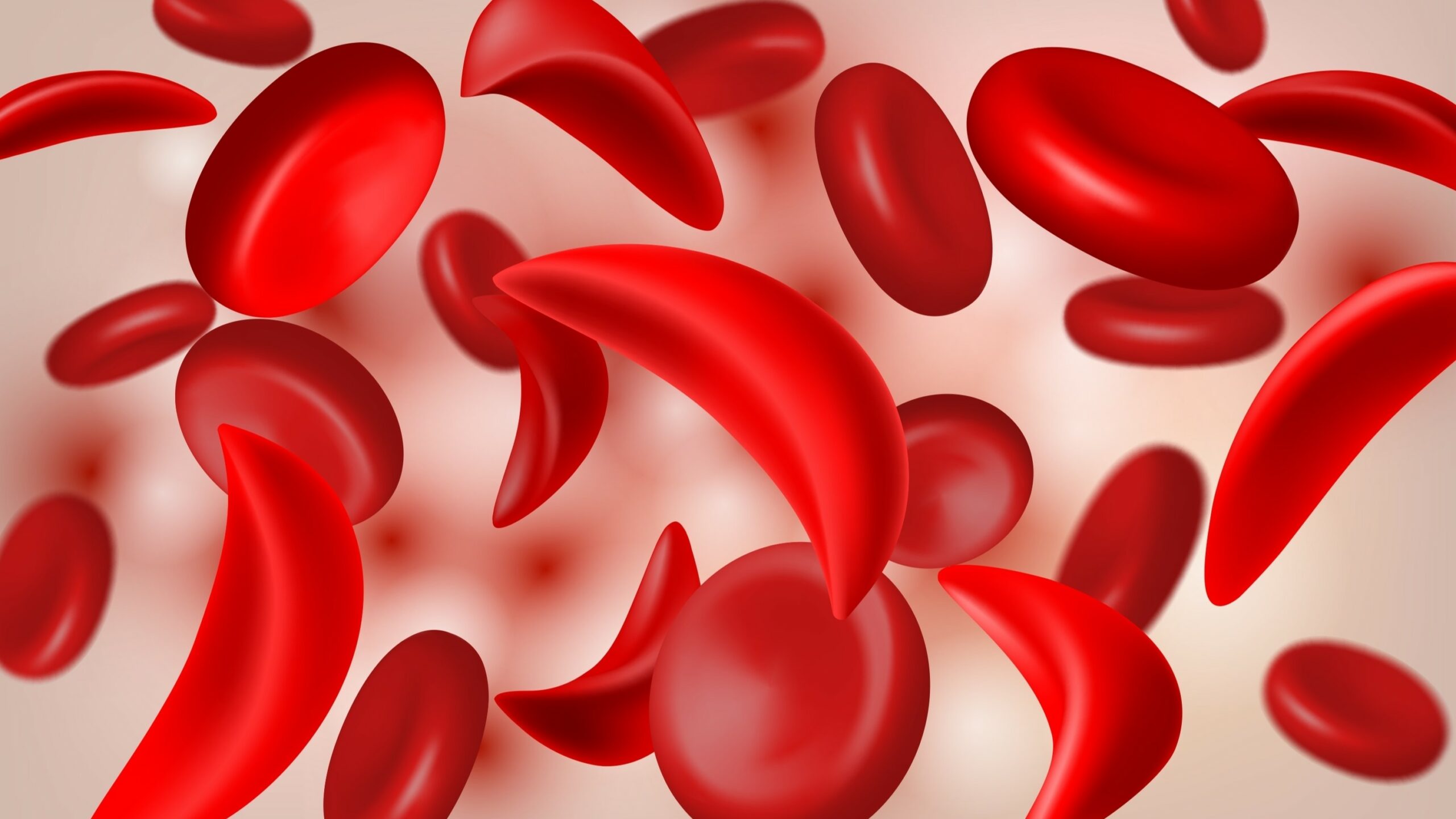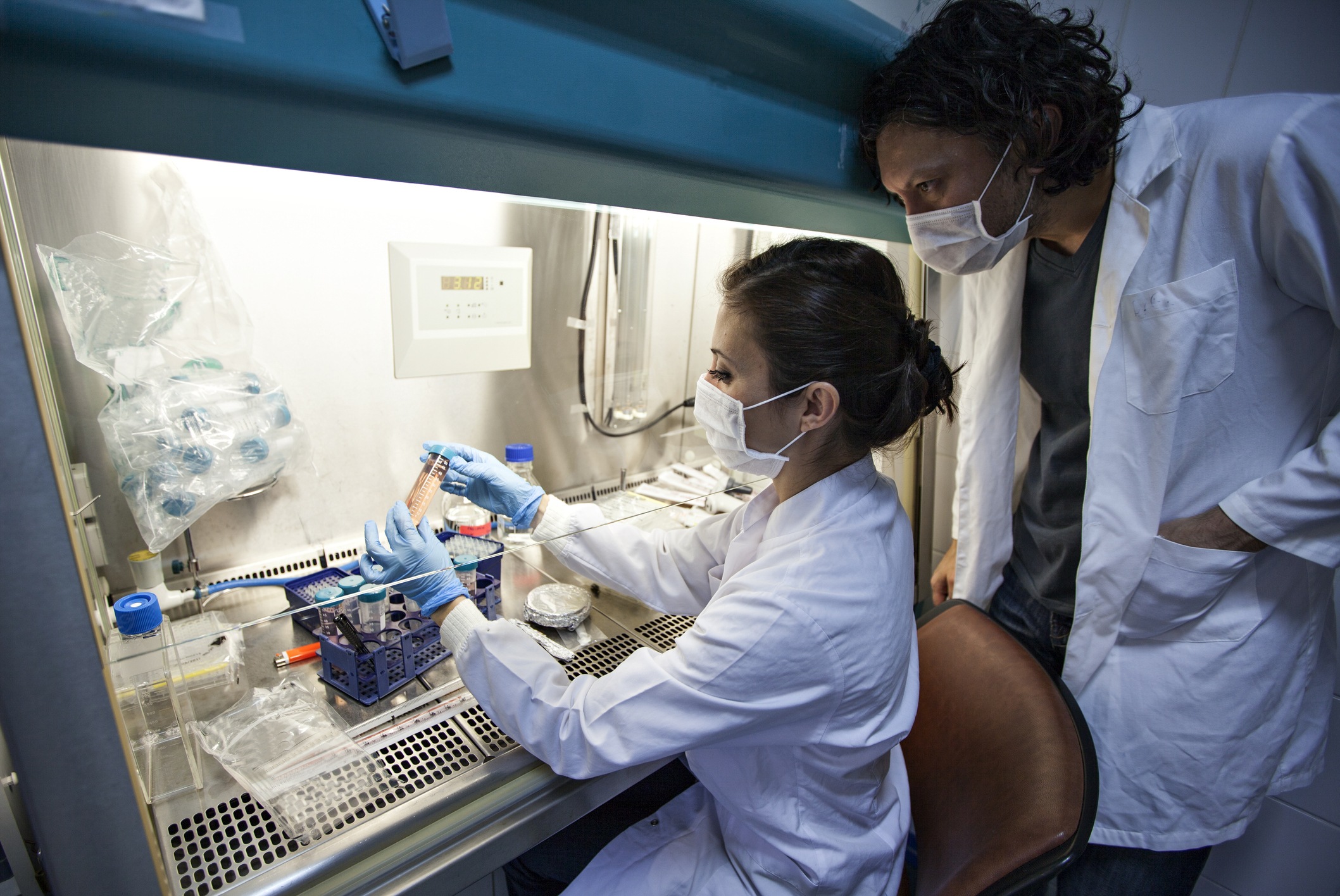
Pulmonary embolism (PE) is challenging to diagnose due to its nonspecific symptoms, such as chest pain, shortness of breath, cough, and pleural effusion Therefore, PEs often lead to sudden death and are not diagnosed until an autopsy is performed. Another unusual PE presentation is abdominal pain, which can delay diagnosis due to the wide variety of conditions and diseases associated with it. Researchers assessed a patient with sickle cell disease (SCD) who presented with abdominal pain and was found to have a PE. The case study was reported in Cureus.
A 30-year-old woman with SCD and a surgical history of cholecystectomy and splenectomy presented to the emergency department with a complaint of right flank pain that had lasted for 5 days. The pain was dull and radiated to her right upper abdomen. She also had a low-grade fever and was vomiting. Her initial chest x-ray was clear. The researchers noted that she was admitted with a urinary tract infection and suspected pyelonephritis. The patient was given ceftriaxone 2 g intravenous once and analgesia.
On days 1 through 4, the patient continued to experience abdominal pain despite antibiotics. On day 5, the abdominal pain worsened, and she developed a dry cough with a drop in oxygen saturation to 92% on room air and a pulse of 99 beats per minute. A repeated chest radiograph showed new infiltration in the right lower lung zone accompanied by pleural effusion.
Hospital-acquired pneumonia (HAP)/acute chest syndrome was suspected due to her SCD, although it did not explain her severe abdominal pain. The patient’s antibiotic was upgraded to piperacillin-tazobactam to cover HAP. On day 6, computed tomography with contrast was performed. It showed a right-sided subsegmental PE with pulmonary infarction, with minimal free fluid on the liver and no abscess or other fluid collection in the abdomen.
The patient was then started on therapeutic anticoagulation. Within a day of anticoagulation, the investigators noted, her abdominal pain notably improved, with no other symptoms. Later, she was discharged on oral apixaban.
“Abdominal pain is one of the unusual symptoms of a pulmonary embolism that patients can experience. Making physicians aware of this presentation may help them diagnose and treat the condition much earlier,” the researchers concluded.







 © 2025 Mashup Media, LLC, a Formedics Property. All Rights Reserved.
© 2025 Mashup Media, LLC, a Formedics Property. All Rights Reserved.